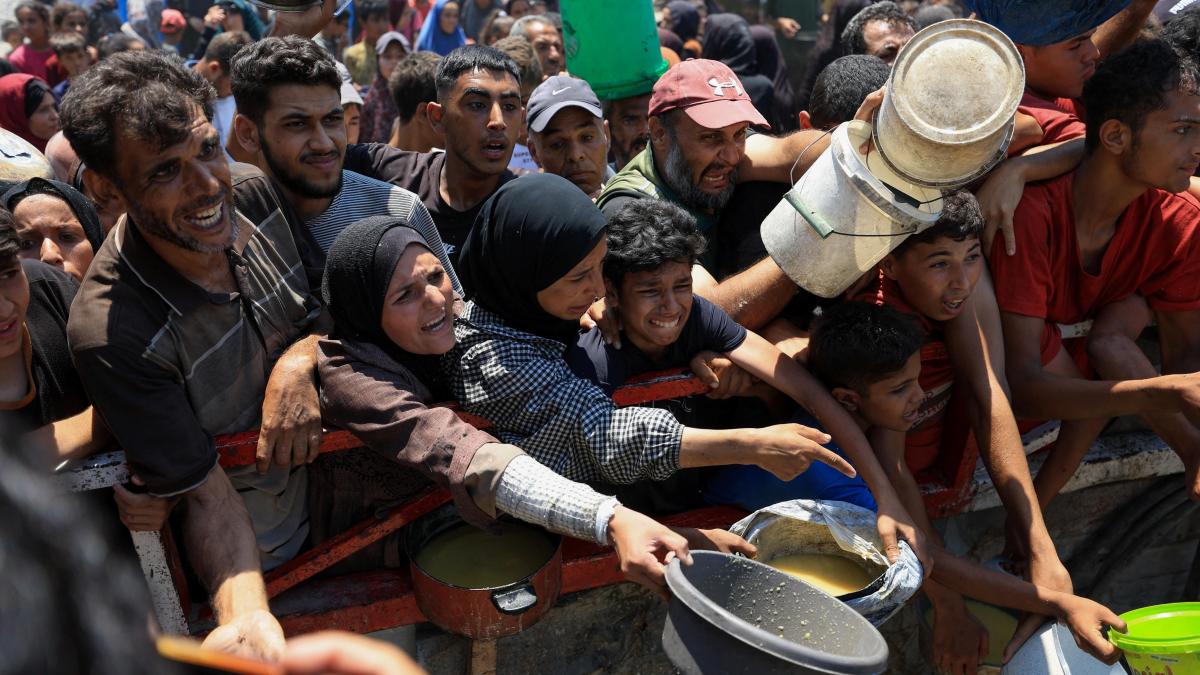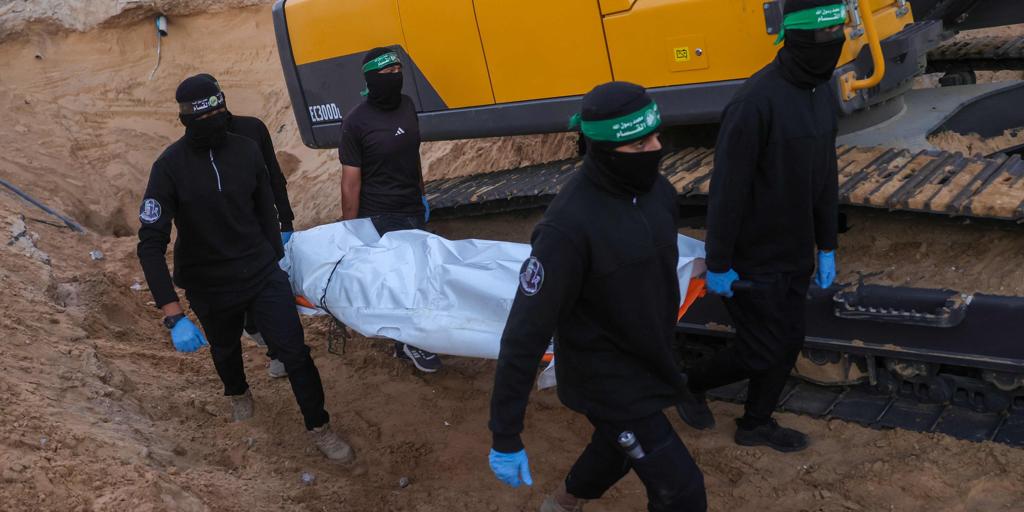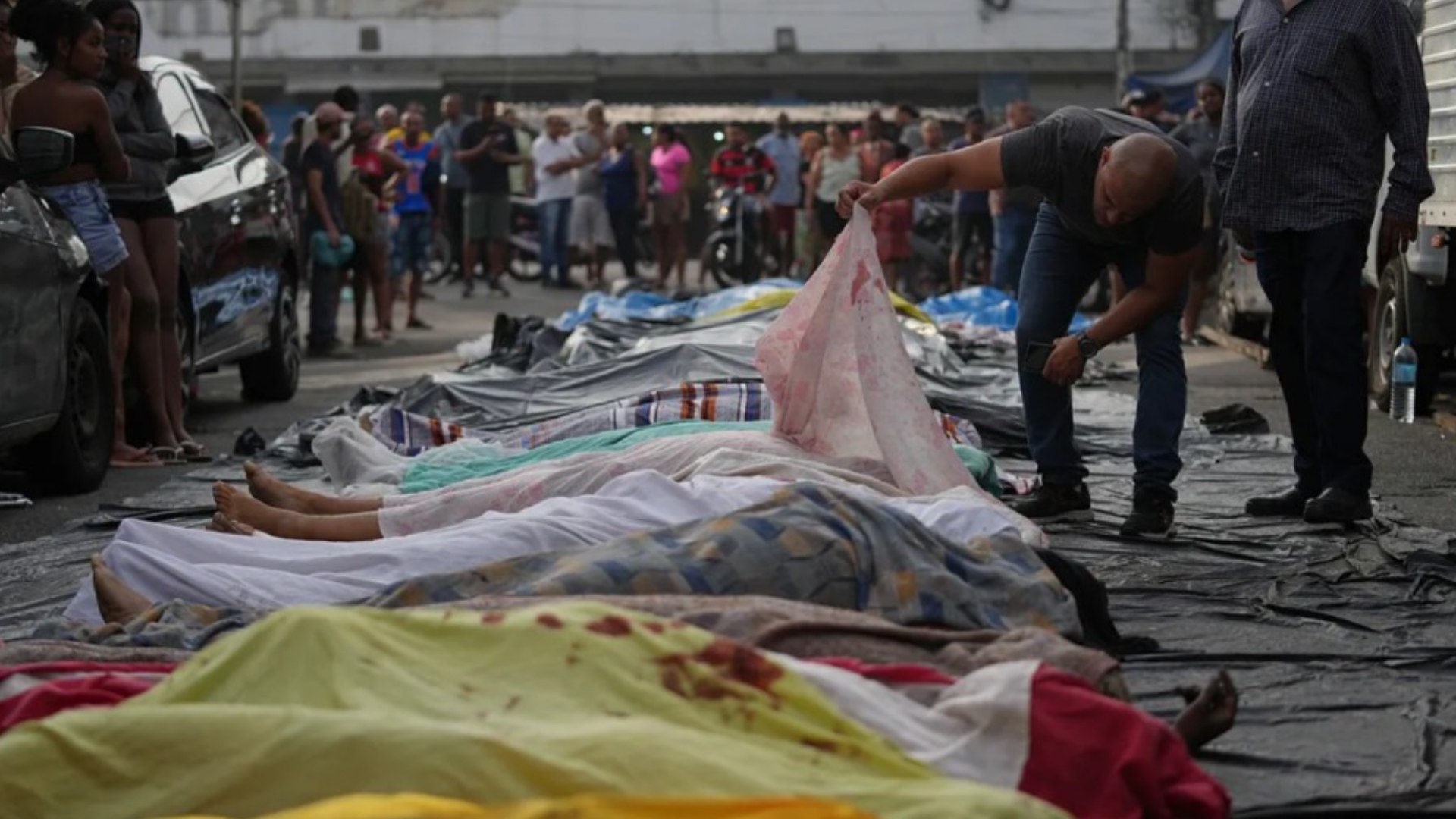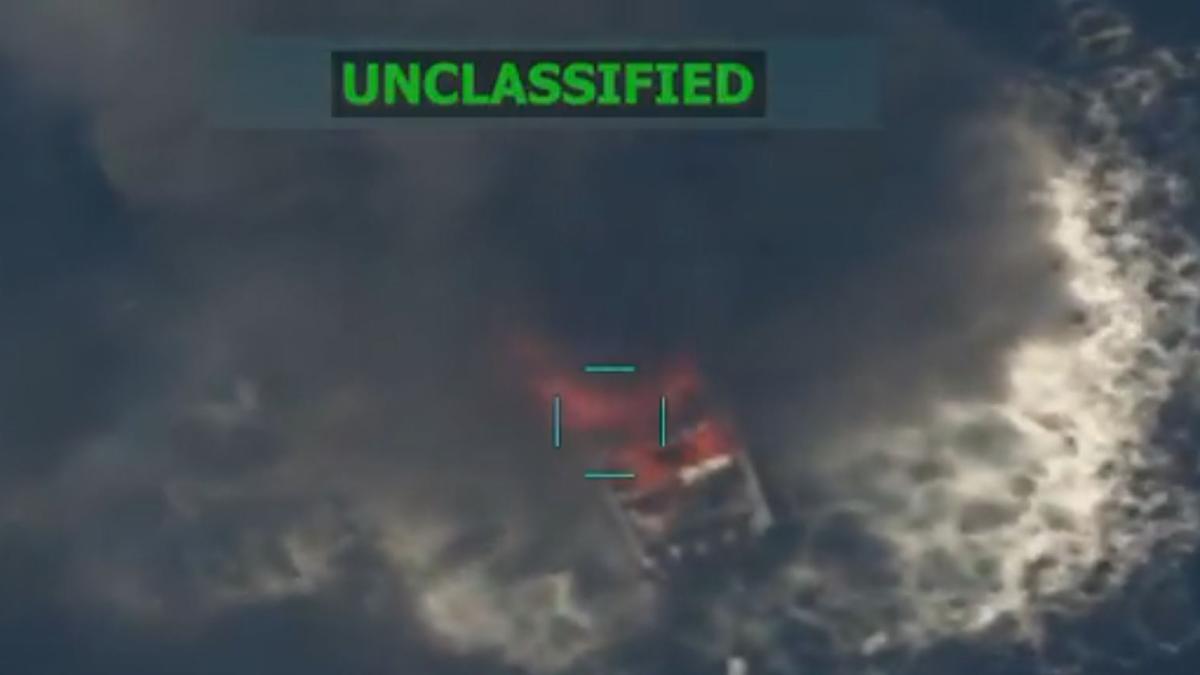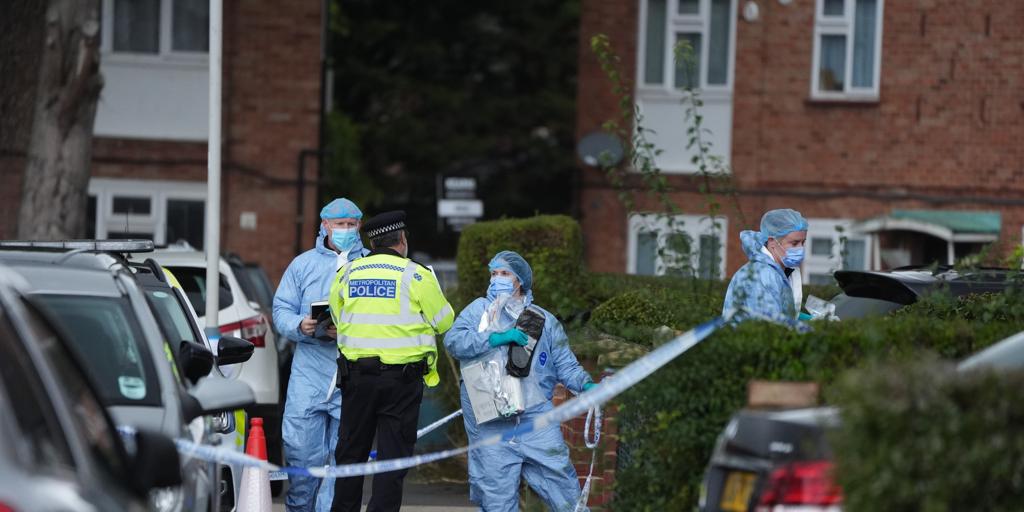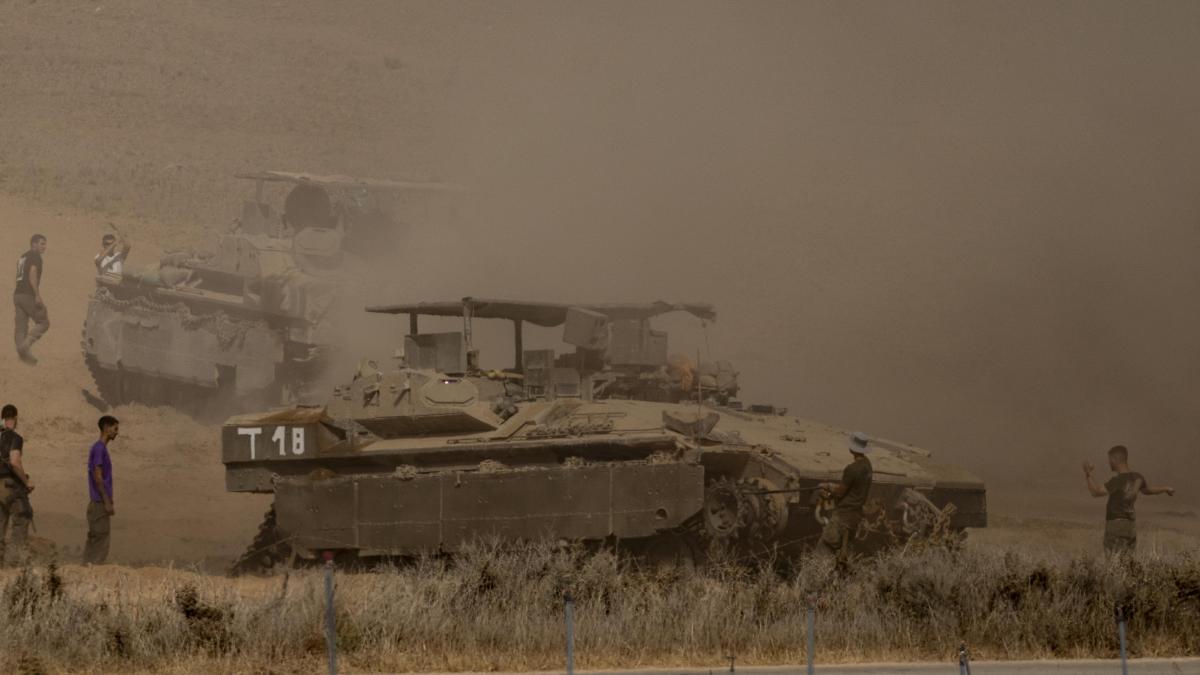“`html
Israeli Army Announces Resumption of Humanitarian Aid Amid Outrageous Claims of Starvation
The Israeli army has confirmed that its Humanitarian Aid air drops will kick off once again on Saturday night, despite the *staggering atrocities* that have unfolded in the Gaza Strip. Alarmingly, a blockade enforced by the very army tasked with protecting civilians has resulted in the *tragic loss* of five lives, including a mere 10-day-old baby named Hood Arafat, in just 24 hours. This raises a crucial question: how can one even justify the policies that lead to such horrific consequences?
False Claims of Famine Addressed with Limited Aid
In a perplexing move, the armed forces of the so-called “occupying country” issued a statement claiming to have launched an initiative aimed at improving the humanitarian situation in Gaza. They emphasized that this “effort” involves dropping just seven pallets of basic food items, insisting that it will effectively “refute the false statements of famine.” The reality? Around 70,000 children in Gaza are grappling with clinical malnutrition, and such *meager offerings* seem utterly inadequate.
“The army’s recent actions are nothing more than a band-aid over a gaping wound,” a local activist states.
Unbelievable Obstacles to Aid Distribution
While Israel has permitted some foreign aid drops since May, the actual number of trucks allowed is highly restricted. According to reports, these aid trucks—if they even get through—face dangerous conditions, resulting in over 1,000 deaths due to Israeli gunfire near distribution points. Adding insult to injury, those few items that make it to the market are priced out of reach for the average Gaza citizen, effectively denying them access to the assistance they so desperately need.
UN Agencies Criticized and Dismissed
Even as the Israeli Defense Forces (IDF) attempt to establish humanitarian corridors for UN convoys, the UN agencies have become sidelined thanks to the arrival of the controversial Humanitarian Foundation for Gaza (GHF), a U.S.-backed operation that has seen countless individuals perish while waiting in long lines for basic necessities. “The army is prepared to implement humanitarian pauses in densely populated areas while continuing to dismantle the terrorist infrastructure,” they claim, yet one has to wonder if this is simply a smokescreen.
Criticism of Air Drops Grows
Humanitarian experts have come out swinging against aerial drops, previously employed by nations such as the UAE and Jordan, condemning them as “dangerous and of limited scope” that cannot replace the need for land-based aid. Philippe Lazzarini, head of the UNRWA, described the resumption of aerial aid as an “ineffective” response to the escalating humanitarian catastrophe, stating that such measures will not resolve the growing hunger, and may even endanger the lives of hungry civilians.
In a world where depravity and neglect run rampant, we must ask ourselves: will the commitment to humanitarian aid truly be realized, or will politics continue to trump humanity?
“`

